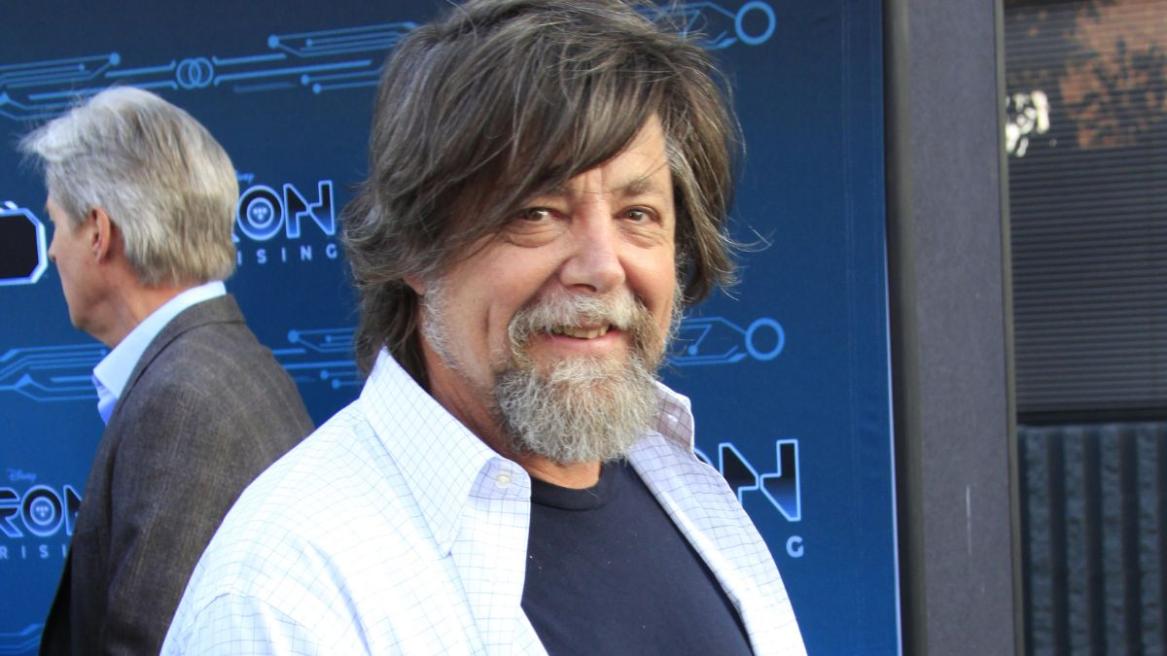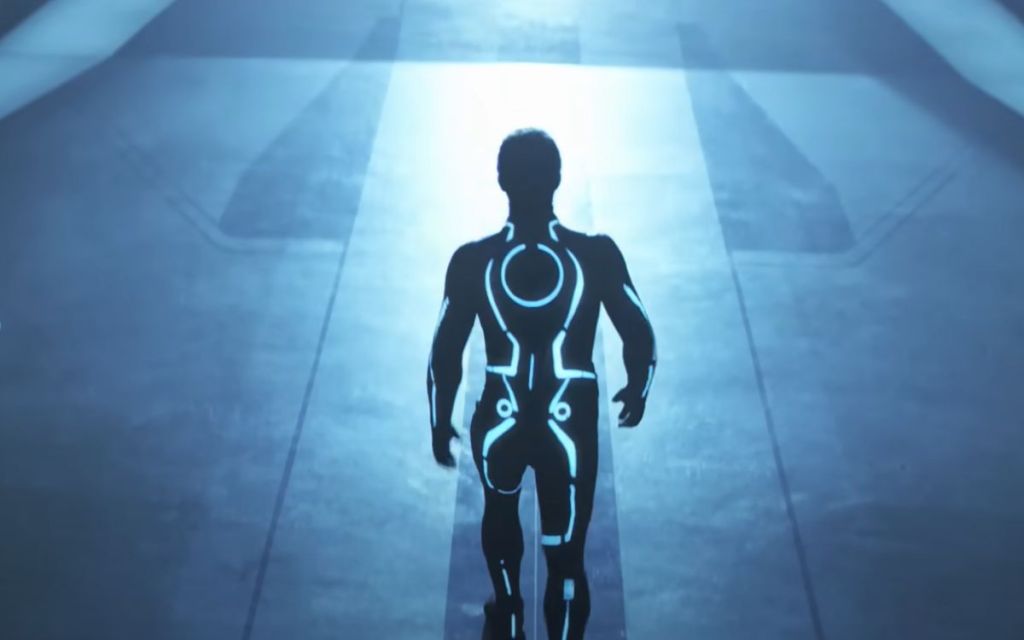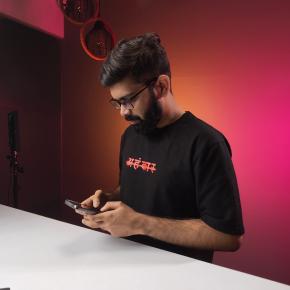
- Tron creator Steven Lisberger reveals that he was mistaken about the relationship humans and technology would have in the future.
- Lisberger said that we should be glad AI is not smarter than us because if it would have been, it could be problematic for all of us.
- He adds that the relationship between humans and AI should be like a parent and child, where we keep the child under control.
Most technologically forward movies that come our way are seeded in the imagination of a brilliant mind. We have seen writers and directors whip up movies with ideas that transcend time. One such visionary is Steven Lisberger, the OG creator of Tron and the man behind the surge in motorcycle sales following the release of Tron: Legacy.
The Tron franchise, as most reading this might be aware, revolves around AI and autonomous programs. And now that it’s back with Ares, Lisberger has shared his thoughts on how he and the folks at Disney made a somewhat ideological mistake with Tron.
Lisberger Imagined Modern AI Quite Differently with Tron

While in conversation with SFX Magazines about Tron Ares, Lisberger reflected upon the idea they operated on back when the movie was made. Since high-functioning algorithms like we have today were not a reality back in 1982, they operated completely on what they believed such a technology would be like. The team imagined that technology and humanity would operate as one, enhancing human capabilities, in the future.
It was in this pursuit that ENCOM’s Master Control Program (MCP) was created, and to counter it, Tron came into being to fight against the MCP and free others of his kind. The movie paints a picture that is optimistic about humans and technology working together.
However, according to what Lisberger told SFX, this idea was quite naive, as an AI that is equally, or smarter than us, is easily something that can go south. In essence, Lisberger believes that AI should be a tool to assist us, not an attempt to replace us. In his comment, he said,
“We were very naive back then and so optimistic, but it felt different, It was a wonderful opportunity and the tools were so amazing. Now I hear people are shocked that AI is hallucinating and making mistakes. That’s a blessing. It’s quite charming. I will be much more scared if someone tells me AI never makes mistakes. That’s when the real problem starts. I like to say that it’s imperative that we, as an artistic community, kick this technology around before it kicks us around. I’m weary of hearing all the dreary and apocalyptic predictions of the future of technology.”
If you think about it, this is a genuine concern that we should think and talk about more. We are constantly trying to make AI better, at par with humans. However, when we do make an AI that is just as smart as us, it will also give birth to the possibility of the AI taking over every field of work, especially art and media.
Lisberger says the relationship between humans and AI should be like a parent and a child, where we are the parent, in control of the AI, and I can’t agree more. What do you think? Let us know your thoughts in the comments.
